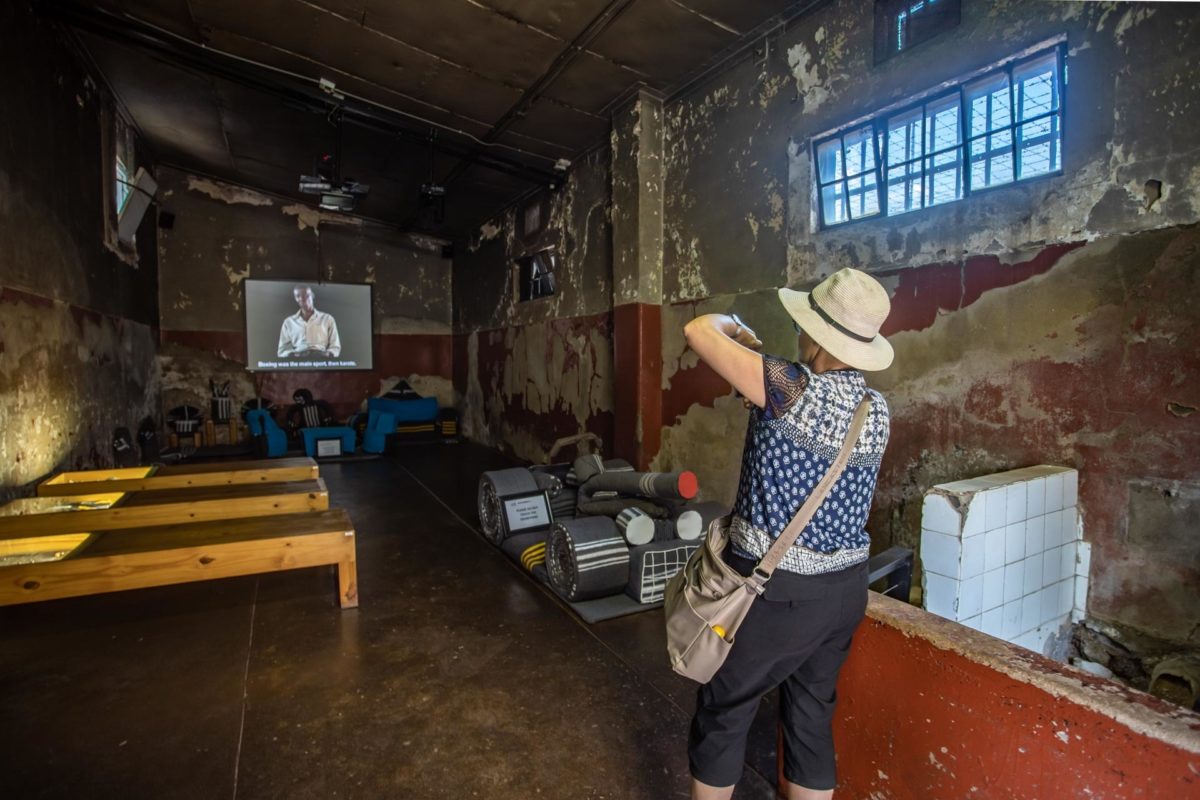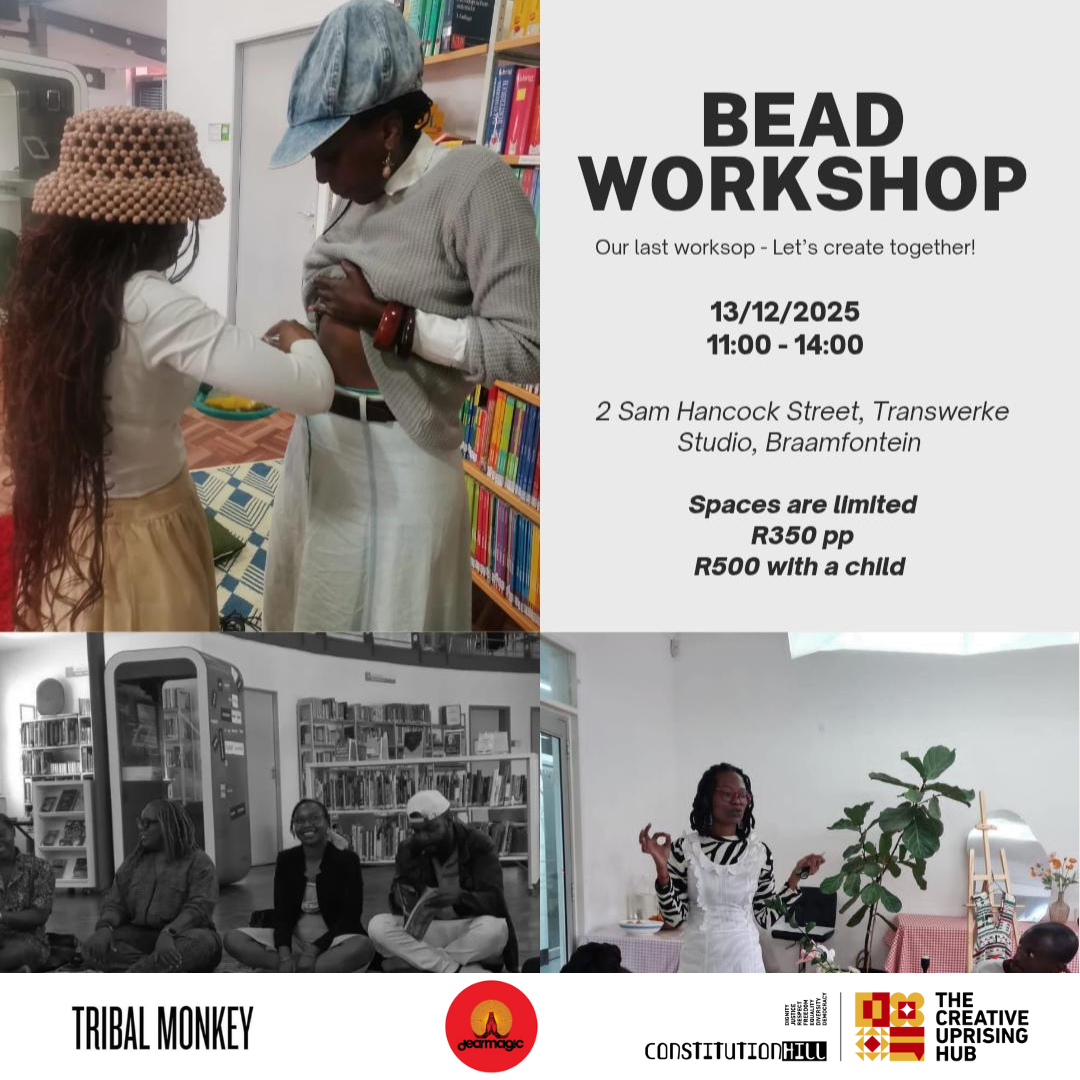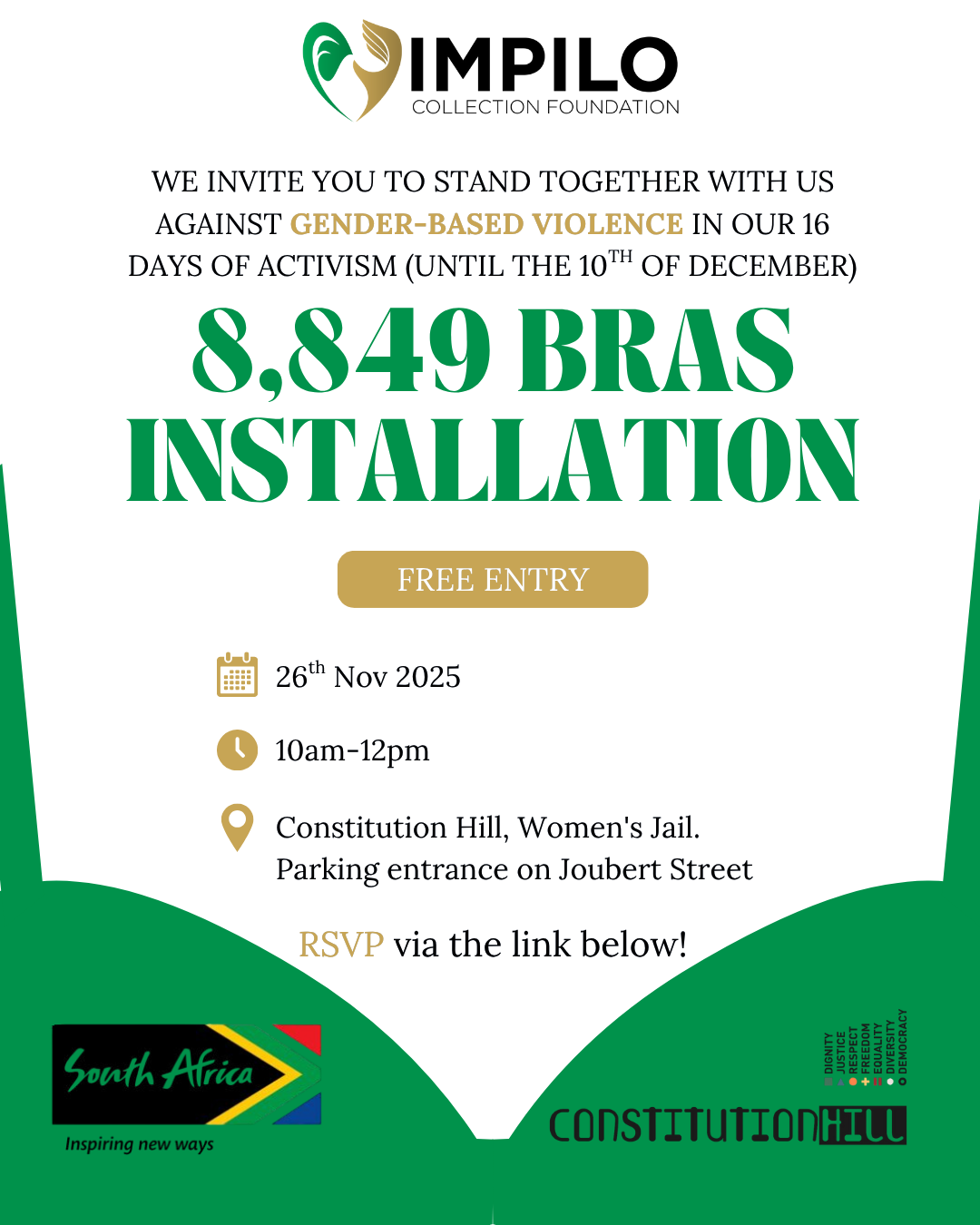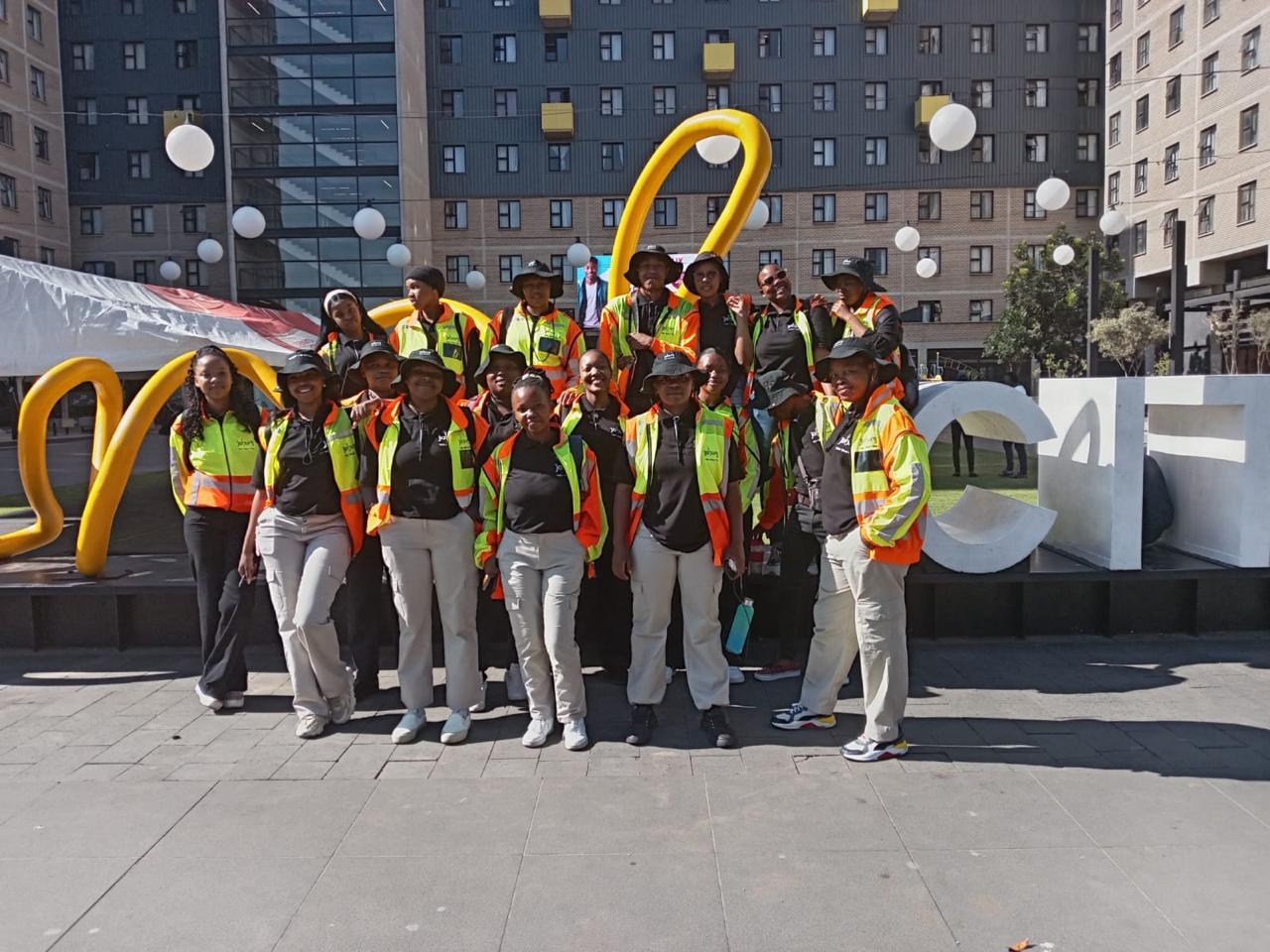
In South Africa, as in the rest of the world, gender-based violence (GBV) remains one of the most prevalent and pervasive human rights violations, perpetrated with high levels of impunity. The statistics are devastating. UN experts have highlighted that evidence suggests rampant levels of GBV, including femicide, across the country, and that there is a systemic failure in the implementation of legislation and policies to address such violence.
Economic crises, conflicts and climate change have exacerbated GBV. New technologies can also facilitate and heighten different forms of such violence, including online. This alarming reality underscores the urgent need for collective action to address this human rights violation, as emphasized during the two Presidential summits on GBV and Femicide in 2018 and 2022.
The Declaration on the Elimination of Violence Against Women defines "violence against women" as any act of gender-based violence that results in, or is likely to result in, physical, sexual or psychological harm or suffering to women, including threats of such acts, coercion or arbitrary deprivation of liberty, whether occurring in public or private life."
In 2021, the Committee on the Elimination of Discrimination against Women (CEDAW) noted that the failure to tackle domestic violence in South Africa was a violation of women’s rights. This includes low levels of prosecution and conviction in domestic violence cases and the frequent failures by the police to serve and enforce protection orders, which exposed survivors to repeated abuses. Prior to that, the United Nations Special Rapporteur on Violence against Women highlighted that South Africa’s high level of inequality, divisions based on race, class and gender, inherited from its violent apartheid past, and deeply entrenched patriarchal norms and attitudes, is a driver of GBV. She underscored that at the core of the pandemic of violence against women lies unequal power-gender relations, patriarchy, homophobia, sexism and other harmful discriminatory beliefs and practices.
Globally, the links between poverty, financial stressors, hardships, and GBV are well-established. The risk of being subjected to GBV or facing obstacles in accessing support is higher for women and children who also experience intersecting forms of discrimination due to ethnicity, religion, disability, age, migrant or refugee status, sexual orientation and gender identity.
2023 marks the 75th anniversary of the Universal Declaration of Human Rights (UDHR) or Human Rights 75. The right to a life free from GBV is indivisible from and interdependent on all other human rights, particularly the rights to life, health, liberty and equality. To realize the fundamental rights of dignity, freedom and justice anchored in the UDHR, violence against women and children must be immediately prevented and eliminated.
The global theme of this year’s UNiTE 16 Days of Activism against GBV is Invest to Prevent Violence against Women and Girls. It calls upon all of us to step up and support prevention strategies to stop violence from occurring in the first place. GBV is preventable. GBV is a human rights issue and now, more than before, we know what forms effective prevention should take. We must address the root causes of GBV by challenging harmful stereotypes and transforming social norms. We also need to promote, implement and resource adequate legislative frameworks that advance the fundamental human rights of all. Interventions to prevent and tackle GBV, and proactively promote gender equality, must be appropriately financed.
Therefore, we encourage everyone across all sectors to:
- Speak out against GBV and address it as a human rights violation. Address both the causes and consequences of it and hold perpetrators accountable.
- Regularly collect, analyse, and publish data on GBV, in compliance with international human rights standards.
- Tackle GBV from an intersectional perspective. Ensure that support and sufficient financing is available for women and girls who are also discriminated on other grounds such as ethnicity, religion, disability, age, sexual orientation and gender identity (LGBTQI).
- Ensure that survivors of violence have access to survivor-centred justice mechanisms and an effective and timely remedy. Support systems that provide resources and healing to rebuild their lives must be readily available for survivors.
- Take measures to ensure that law enforcement officers and public officials responsible for implementing policies to prevent, investigate and punish GBV are held to account. This includes capacitating them to promote an understanding of GBV as a human rights violation, sensitizing them to the needs of survivors, and tracking progress in implementation.
- Ensure private and public sector investment in workplace policies and measures that prohibit discrimination and violence and promotes economic security and safety.
- Strengthen protection mechanisms to prevent and eliminate violence, harassment, threats, intimidation, and discrimination against women human rights defenders and women’s rights advocates/activists. Address root causes including gender inequality, systemic discrimination and unequal power relations.
Together, we can break the silence, uphold human rights and create a society where GBV is no longer tolerated.
Let us #StandUp4HumanRights of GBV victims and survivors, support those affected and invest to prevent the violence from occurring in the first place. Together, we can work towards a future where eliminating violence against women and girls is not only envisioned, but realized.


 +27 11 381 3100
+27 11 381 3100








